What is Food Justice and Why Is It Important?
The food justice movement calls for a reevaluation of our food system and how it excludes many people from access to nutritious, affordable food.
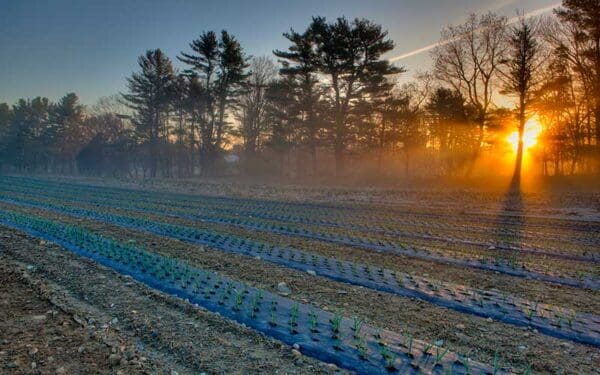
The food justice movement calls for a reevaluation of our food system and how it excludes many people from access to nutritious, affordable food.

Neonicotinoids are killing off vulnerable pollinators, polluting the environment, and harming human beings.

In most states, bottle return programs don’t cover wine bottles. So, our options for recycling them are limited. That means they end up mixed with trash or littering our communities. But there’s a simple solution: expand bottle bills.

States pushed back on his environmental attacks because you demanded they do so
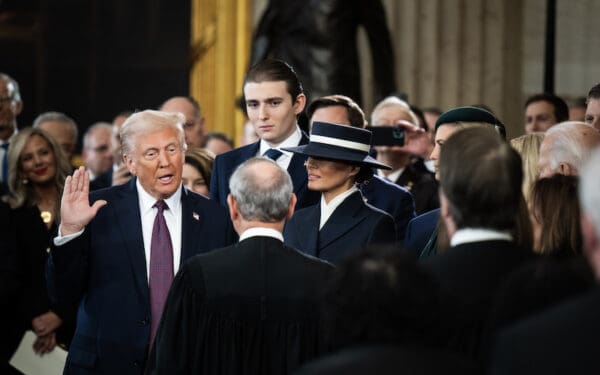
CLF is on the ground and in the courts, sustaining our clean energy progress. The stakes could not be higher. CLF will not relent until a just, affordable, and sustainable energy future becomes reality for all.
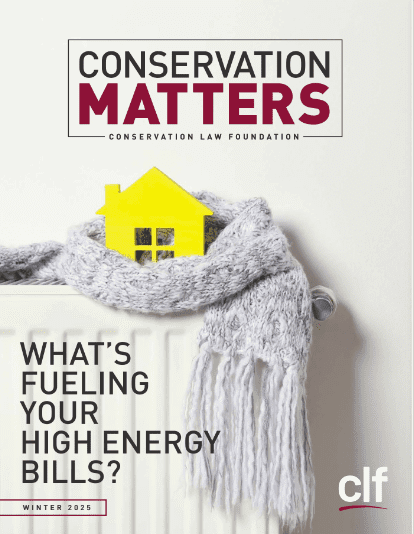
We’ve got to understand that this is about to become a flaming pocketbook issue for Americans who right now don’t see climate change as something that immediately affects them.
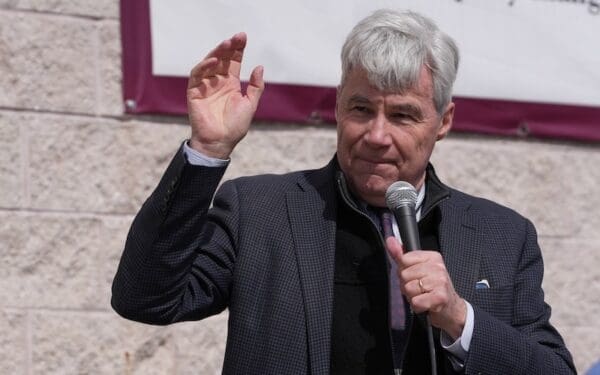
In South Providence and across New England, neighbors are proving that environmental justice starts with community power. From blocking polluting projects to shaping new laws, families and advocates are shifting the balance of power – building healthier, fairer futures for everyone.
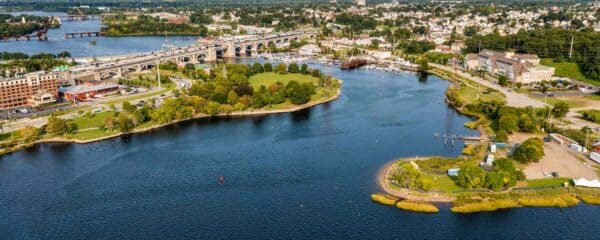
After years of organizing, New Bedford residents won a major victory: the Board of Health rejected a massive waste transfer station that threatened public health and piled pollution onto already overburdened neighborhoods. Their persistence shows the power of community to stop harmful projects — and win environmental justice.
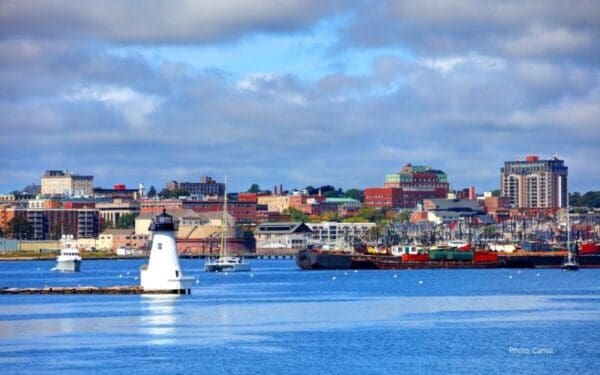
For years, Shell Oil has jeopardized the health and safety of New England coastal residents by constructing oil storage tanks right next to waterways and communities. Shell did it in New Haven, Connecticut, where oil storage tanks hulk next to New Haven Harbor. And it did it again in Providence, Rhode Island, where an oil storage terminal looms above the iconic Narragansett Bay.
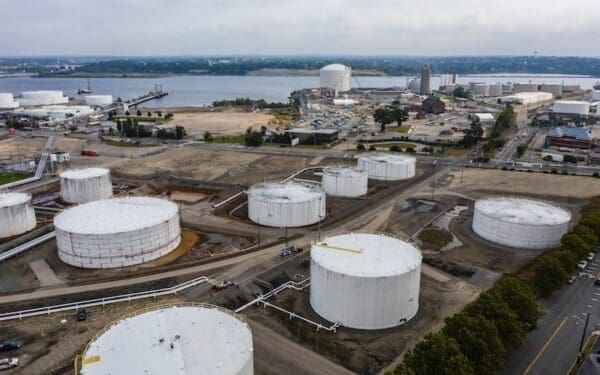
The people leading the fight in communities across New England aren’t backing down now. Neither is CLF. Our commitment to justice – and our communities – is unwavering.
